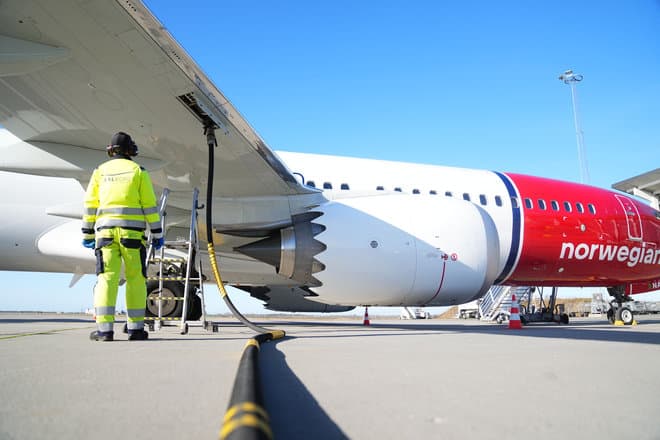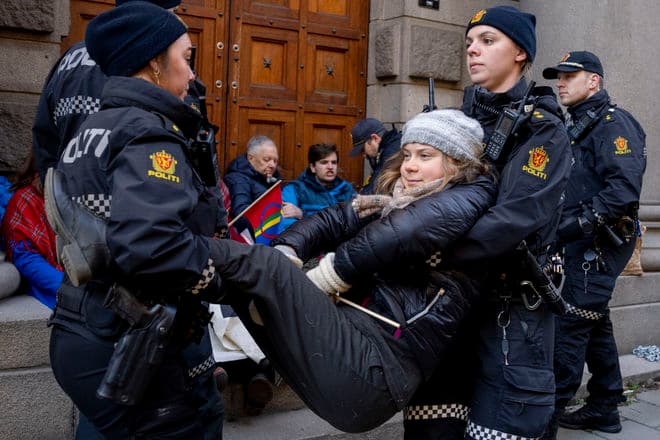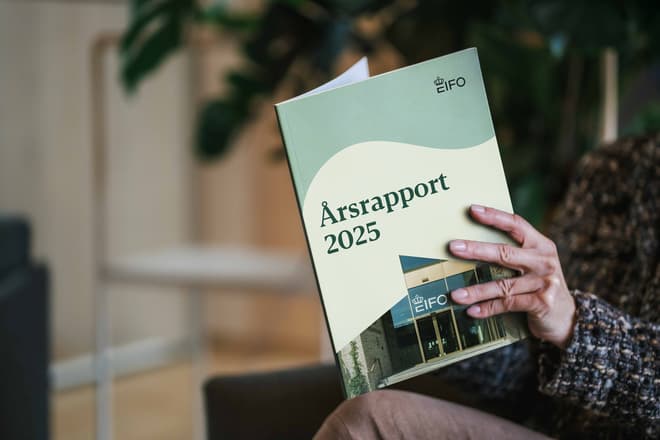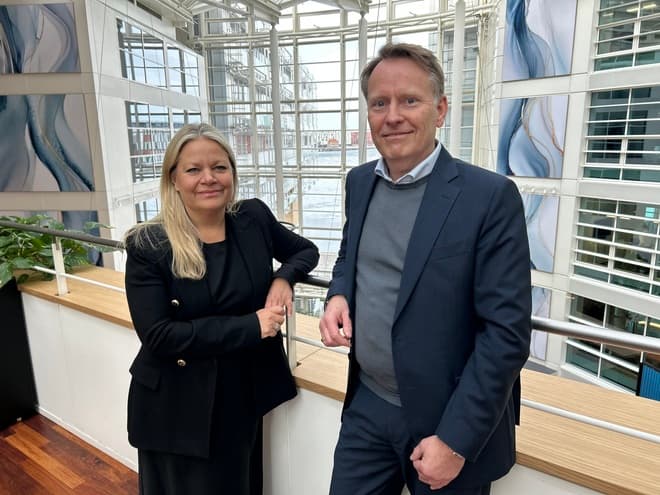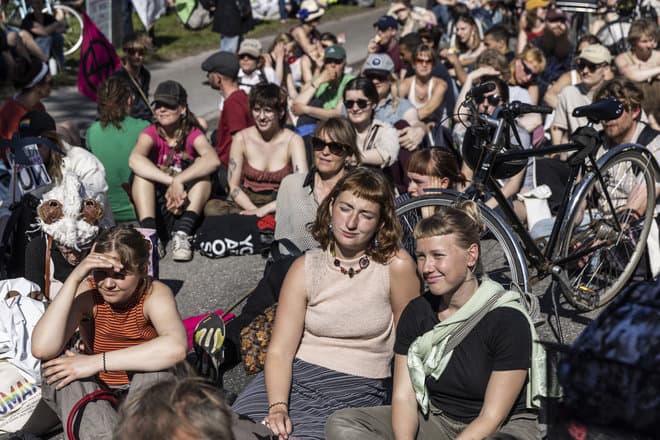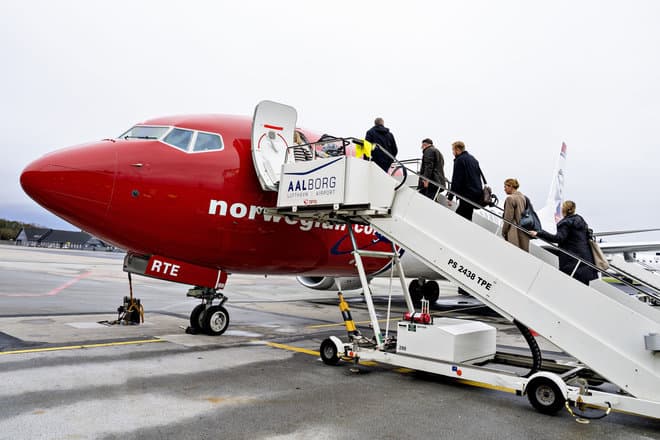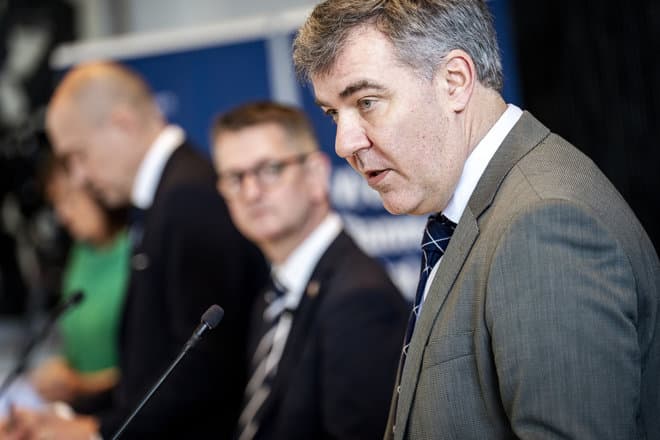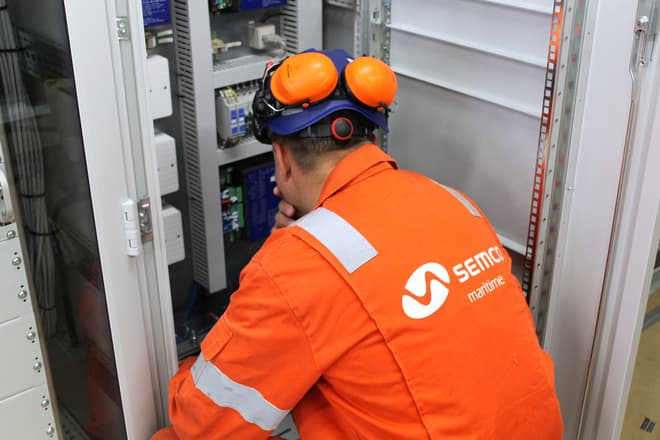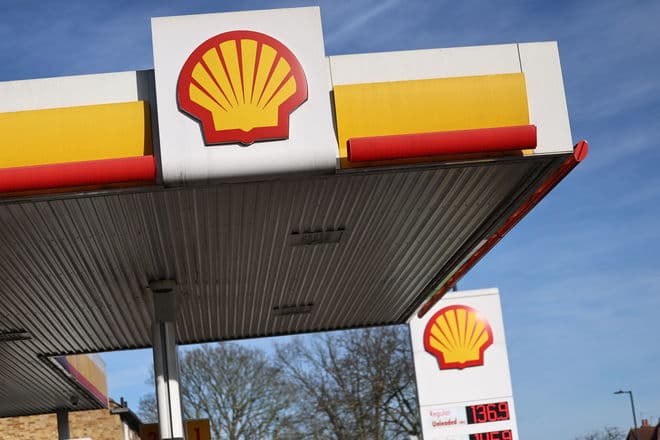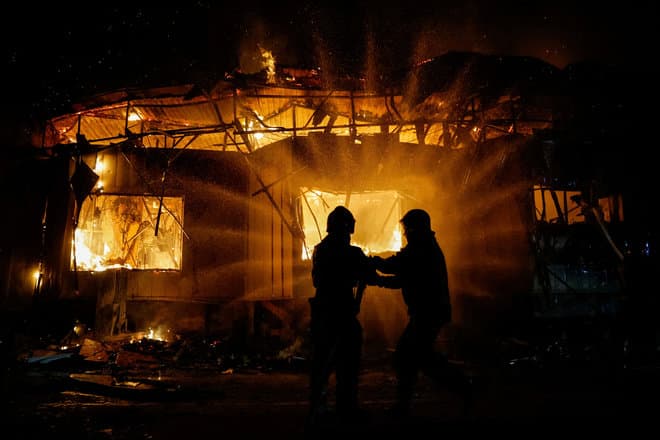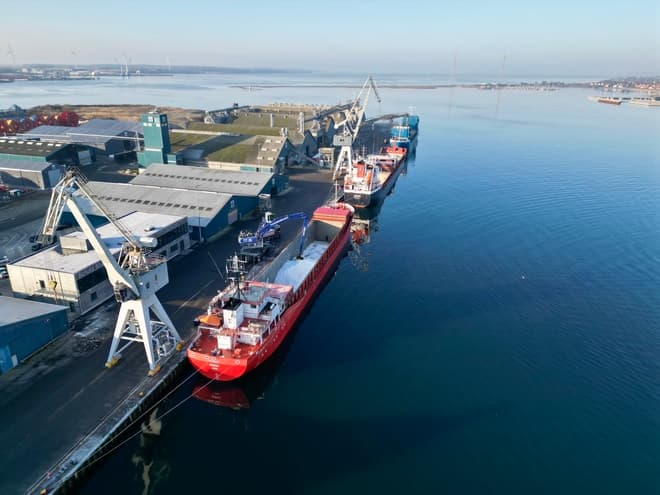In light of the Russian war of aggression in Ukraine, the federal government is preparing for significant deteriorations in gas supplies. On Wednesday, the German Minister of Industry and Energy, Robert Habeck (Greens), therefore put the emergency response in the so-called Gas Emergency Plan into effect at the lowest level, early warning. The subsequent levels are alarm and emergency.
Only in the case of the highest level, emergency, does the state intervene in the gas supply to ensure supplies to private households and critical infrastructure such as hospitals, police, fire and rescue services.
- There is currently no shortage of gas. Nevertheless, we must prepare for Russia to escalate the crisis, explains Robert Habeck according to Flensborg Avis.
A crisis team has now been set up to analyse the extent of deliveries, the supply situation and, if necessary, take measures to secure supplies. The team meets daily with the minister.
- Even though the supply is currently stable, everyone from businesses to private households should reduce their consumption as much as possible. Every kilowatt-hour saved helps, emphasizes Habeck.
The minister refers to European solidarity.
- Even though we are building gas terminals in Germany and increasing imports, we are currently extremely dependent on Belgium, France and the Netherlands to transport gas. If it doesn't happen in solidarity, we would be in a bad situation, says Robert Habeck.
The reason for the heightened alert is that Russia maintains its demand that gas deliveries to Western Europe must be paid for in rubles. The world's seven largest democratic industrial nations in the G7 group, including Germany, reject the demand. Payment in rubles will strengthen the weakened Russian currency. On Wednesday, Russia postponed the deadline for when payment should be made in rubles.
- If Russia only accepts rubles as payment for the gas, it is a breach of the contracts, emphasizes Robert Habeck.
amp
Text, graphics, images, sound, and other content on this website are protected under copyright law. DK Medier reserves all rights to the content, including the right to exploit the content for the purpose of text and data mining, cf. Section 11b of the Copyright Act and Article 4 of the DSM Directive.
Customers with IP agreements/major customer agreements may only share Danish Offshore Industry articles internally for the purpose of handling specific cases. Sharing in connection with specific cases refers to journaling, archiving, or similar uses.
Customers with a personal subscription/login may not share Danish Offshore Industry articles with individuals who do not themselves have a personal subscription to Danish Offshore Industry.
Any deviation from the above requires written consent from DK Medier.

